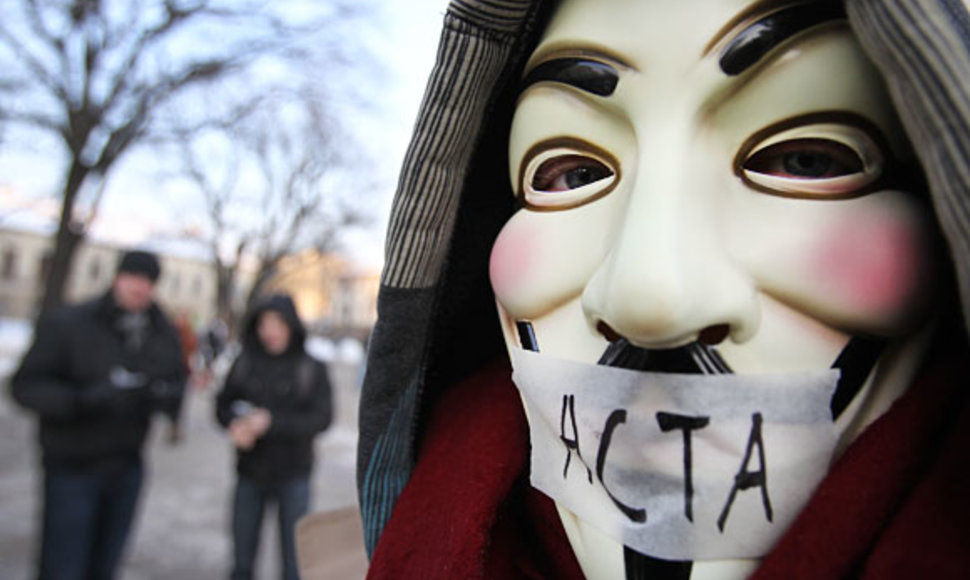"I think the Foreign Ministry's decision was right, as ownership is sacred regardless of the form. If a person created an intellectual product, he should be paid for it and nobody should be able to use (the product) without the author's knowledge, approval and compensation," Čaplikas, leader of the ruling Liberal and Center Union, told Žiniu Radijas news radio on Wednesday morning.
He said the mechanism of implementation of the agreement would be developed later, noting that ACTA was a good document.
The government intends to discuss ACTA at its meeting later on Wednesday.
Following a wave of protests against the agreement, which is still subject to parliamentary ratification, the positions of some ministries on ACTA split.
The Foreign Ministry maintains that the agreement does not violate public interests, stressing that ACTA did not put the European Union (EU) under the obligation of revising legal norms, as the EU law was far more advanced than the current international standards. Furthermore, penal liability for breaching intellectual property law is envisaged to the extent that it does not run counter existing legal acts and is in line with the practice of member-states.
Meanwhile, Justice Minister Remigijus Šimašius and Transport and Communications Minister Eligijus Masiulis, both Liberals expressed doubts on Monday that the sanctions stipulated in the agreement were too rigid.
On Monday, Lithuanian President Dalia Grybauskaitė promised not to rush to submit the agreement for ratification until receipt of conclusions from lawyers and the government, which had confirmed the ACTA submission for signing.












